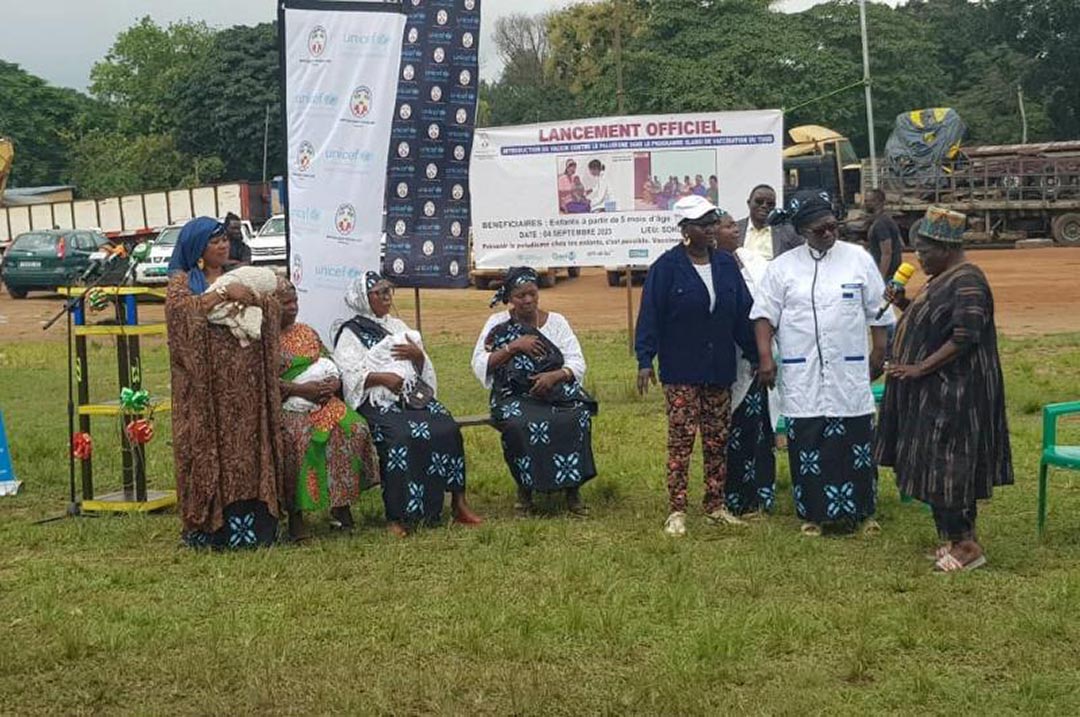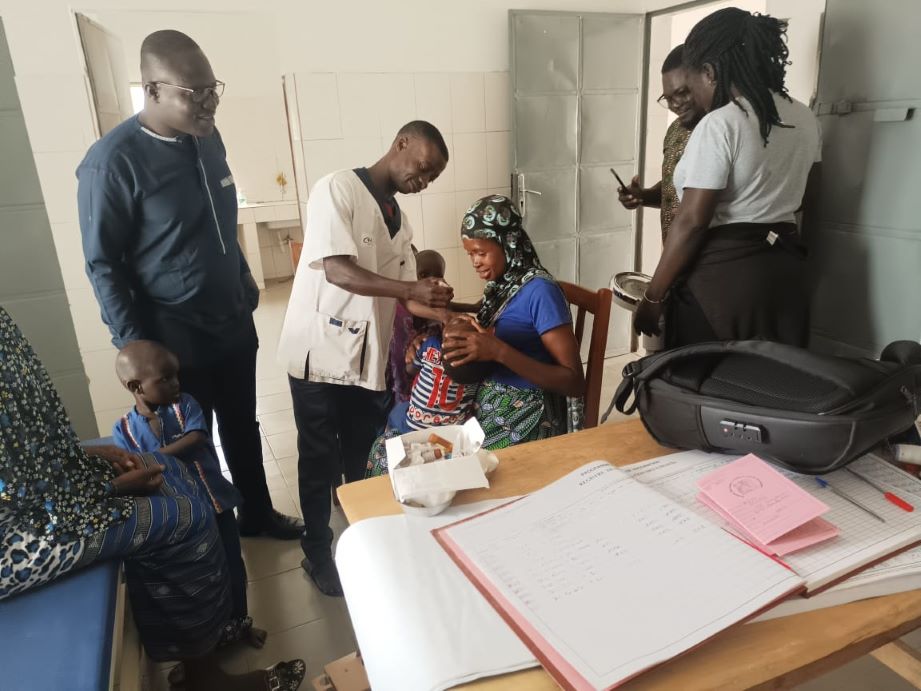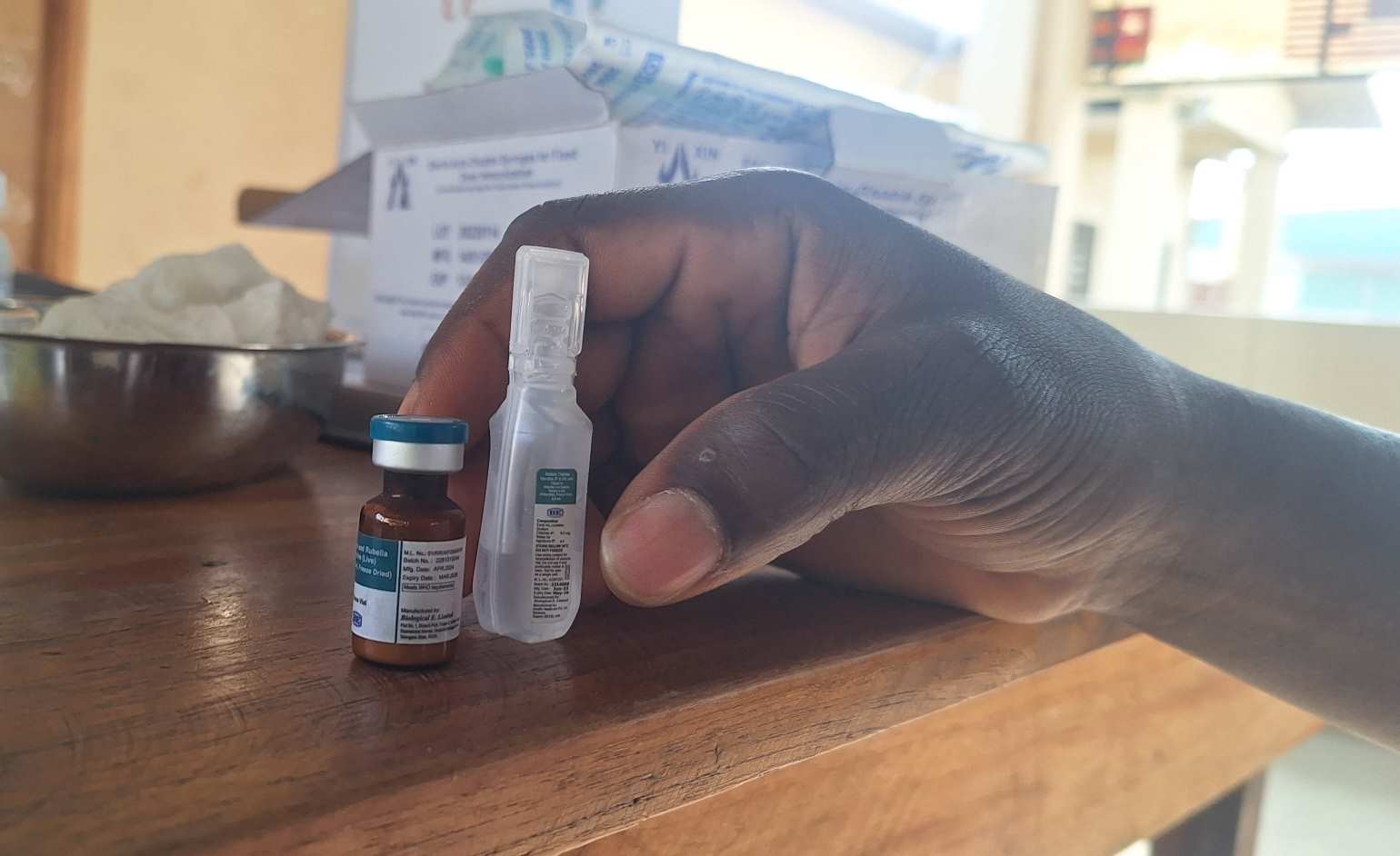Togo rolls out social safety net scheme to soften the economic impact of COVID-19
The arrival of COVID-19 into Togo in 2020 hit the economy, and ordinary people’s wallets, hard. The government stepped in to help.
- 16 February 2022
- 3 min read
- by Nephthali Messanh Ledy
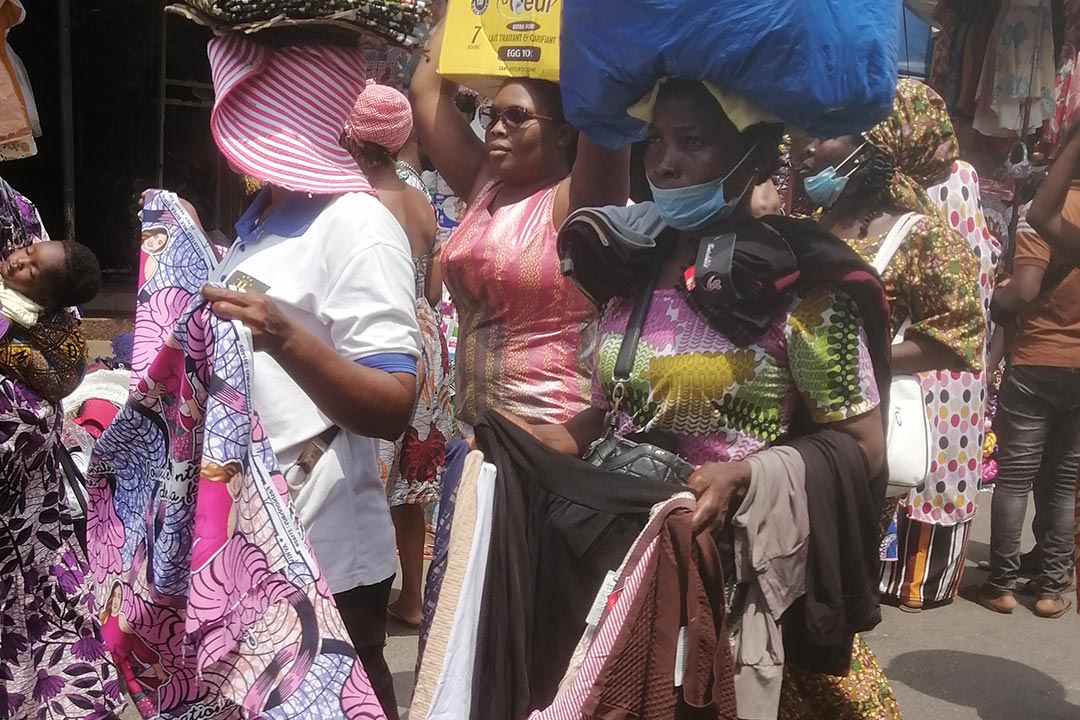
The COVID-19 pandemic has had a massive impact on every corner of the global economy. Togo is no exception: its small economy, dominated by the tertiary sector, saw growth slow from 5.1% in 2019 to 1.8% in 2020.
The measures to contain the pandemic, including the ban on international flights, closure of borders with neighbouring countries, ban on entertainment events and restrictions on public gatherings as well as rising inflation rate due to the ongoing supply chain crisis, have all compounded to hit the economy hard.
Authorities provided a string of measures including special fiscal and custom directives that would ease the import of basic needs of Togolese.
E. Majoie, a fishmonger in Agoe Esiyeye market, a local market north of capital Lome, complains that the pandemic has made a dent in her revenues as prices of fish are on the increase.
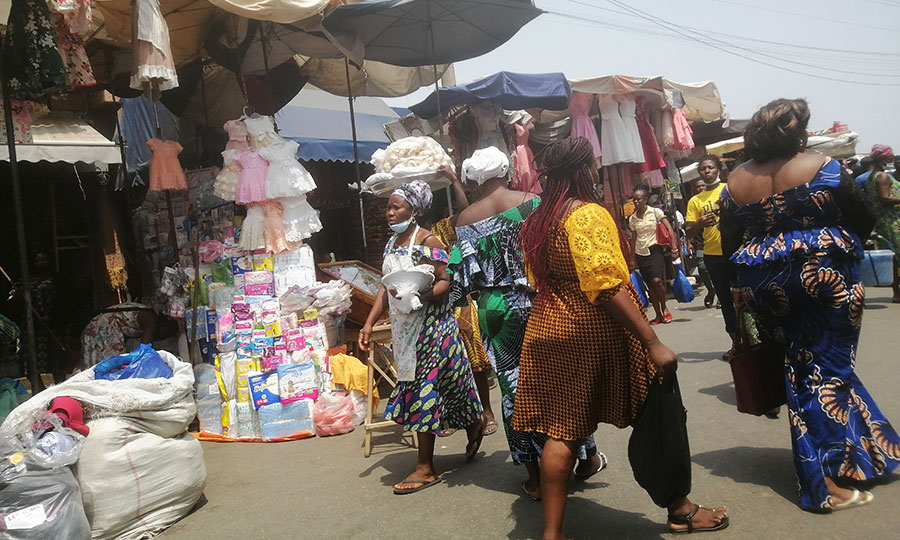
“The pandemic has hugely and negatively impacted us. Our sales have dwindled and clients are complaining about the prices. Prices of goods have gone up. The carton of fish that we used to get at XOF 19,000 (US$ 33) is now XOF 26,000 (US$ 45),” she says.
“Prior to the pandemic I used to process three cartons of fish but now with the pandemic I only process one plus some kilogrammes; however I can’t even sell everything. Sales have decreased. I sometimes go back home with some fish.”
Majoie’s concerns have been confirmed by the national council of private companies, Conseil National du Patronat, in a report published in January.
“Overall, the health emergency has negatively impacted companies' production and sales in the first half of 2020 compared to the first half of 2019. Indeed, the results show that 42% of companies have witnessed a reduction in the volume of their production,” the report notes.
Have you read?
The Togolese government, according to the report, has made over US$ 600 million available, mainly drawn from donations from the private sector and loans from foreign partners, to help weather the storm. It has helped contribute to a strong rebound in the country’s economy in 2021, with a 5.3% growth rate which is projected to increase to 6.1% for 2022.
When crisis first struck in March 2020, the government declared a state of emergency but was mindful of its impacts. Authorities provided a string of measures including special fiscal and custom directives that would ease the import of basic needs of Togolese.
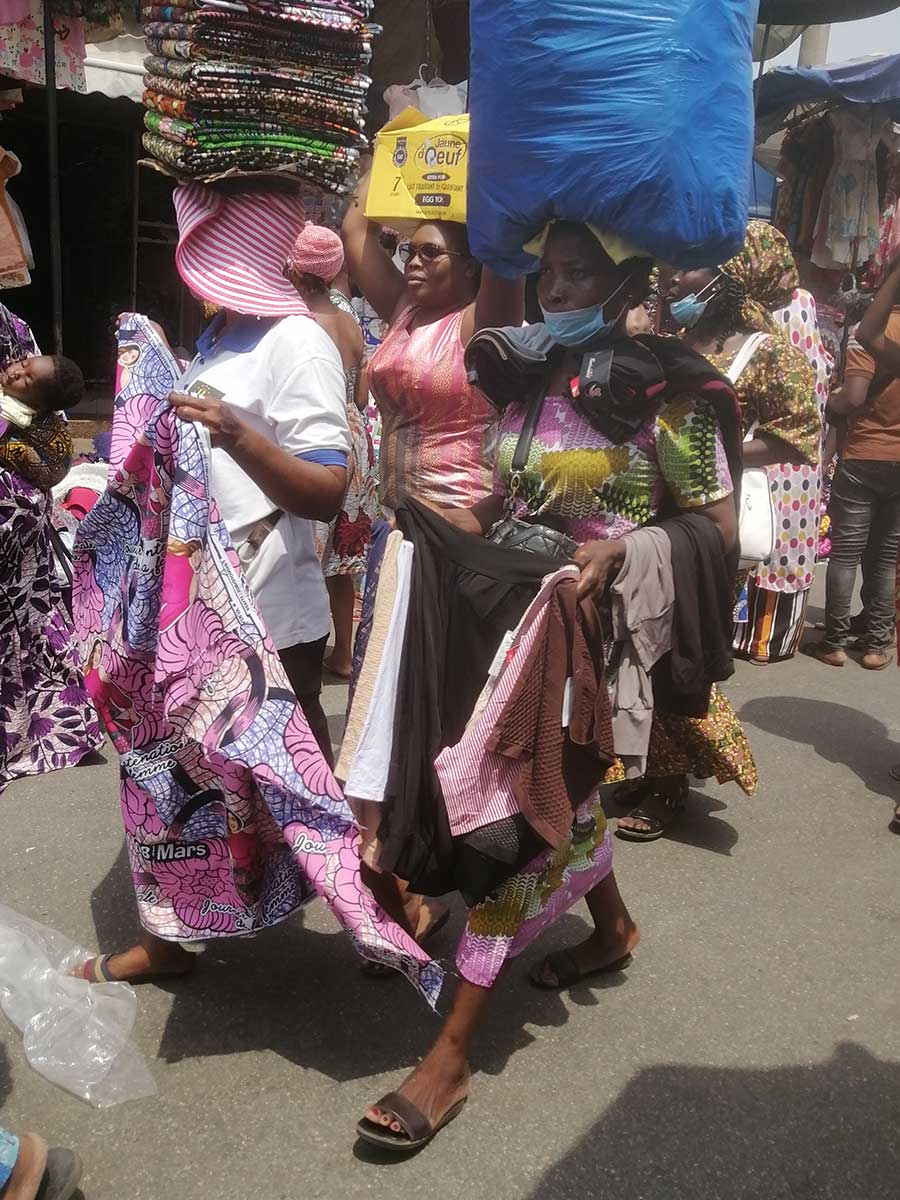
For vulnerable populations, the administration of the President Faure Gnassingbe launched NOVISSI in 2020 with the help of the World Bank and the French development agency AFD. The scheme provided financial support to 60,000 Togolese categorised as part of the country’s most vulnerable populations.
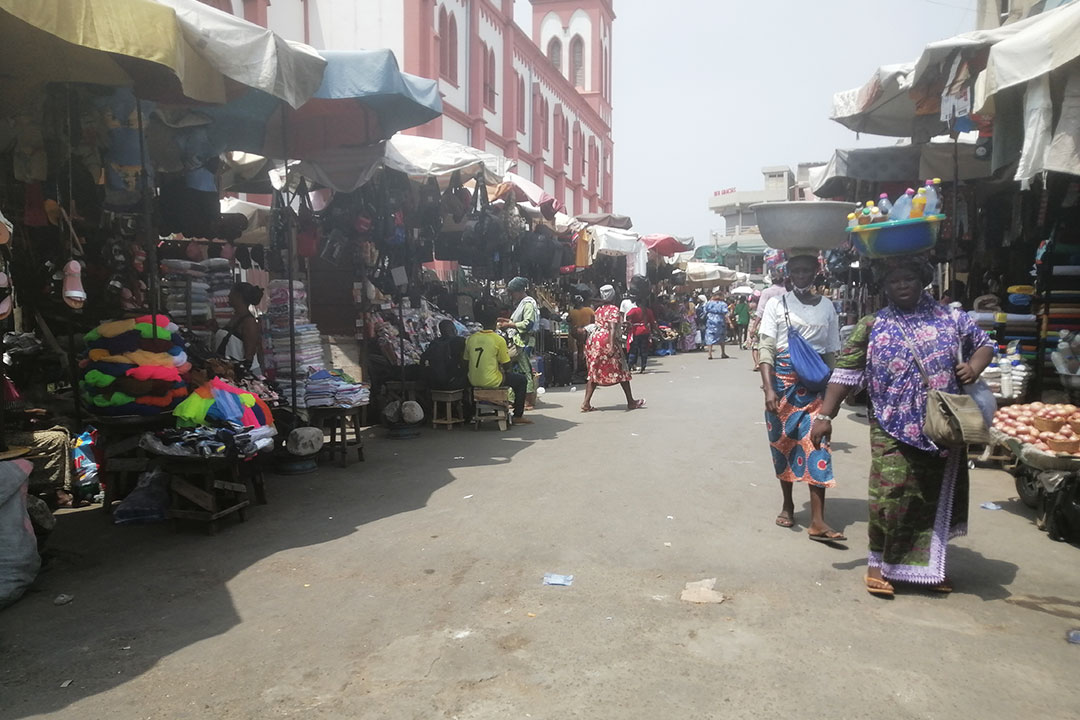
The scheme has been extended to reach 45,000 additional people, with women accounting for 75% of beneficiaries. Each beneficiary will receive XOF 15,000 every three months over 18 months according to extension deal signed in January this year between the Togolese government and the two international partners.
“This new project is perfectly in line with the Togo 2025 Governmental Roadmap that emphasises the promotion of social inclusion,” says Finance Minister Sani Yaya.
Remy E., an owner of drink bar and father of five, was a beneficiary of the first scheme.
“When the pandemic hit, I received support from the NOVISSI scheme in the forms of XOF 5,000 twice. We are grateful,” he says.
More from Nephthali Messanh Ledy
Recommended for you






